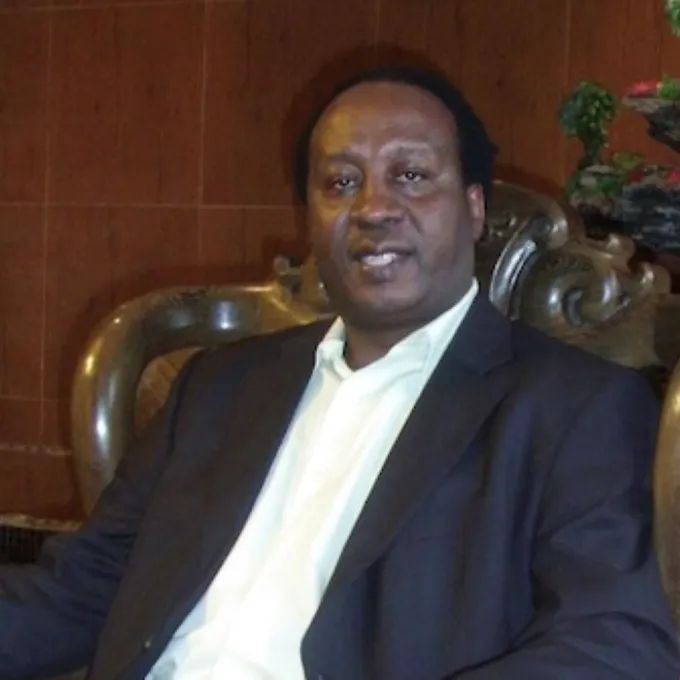https://afas.wustl.edu/xml/faculty_staff/12147/rss.xml
View All People
Mungai Mutonya's research has focused on understanding the social and linguistic changes that take place in densely multilingual African communities.
Using methods of sociolinguistic inquiry, Mutonya has explored the functions of nonstandard language forms in promoting the interests of marginalized speech communities.
recent courses
Emerging Africa: Language, Identity, and Social Change
Beginning with a review of key issues that shape Africa's linguistic history, the course explores linguistic situations in several African countries, including examining the role language plays in constructing identities, maintaining social cohesion, and empowering marginalized communities. An integral part of the course will be a critical look at the growth and influence of urban slang and pidgins in Kenya, South Africa, Senegal, Zambia, DR Congo, and Cameroon.
Beginning Swahili II
Second semester Swahili language course emphasizing conversational competence and knowledge of Swahili-speaking cultures of East Africa. In addition to learning grammar and vocabulary sufficient enough to allow a student to perform basic survival tasks (asking for directions, buying a ticket for travel, checking into a hostel, ordering food) in Swahili, students will also be introduced to authentic Swahili texts including plays, short stories, and newspapers. Students will have an opportunity to practice their acquired language skills by interacting with Swahili-speakers in the St. Louis region.
Intermediate Swahili IV
Fourth semester Swahili language course emphasizes the development of the ability to discuss a wide range of cultural and literary topics with native speakers of the language. These topics are introduced by reading authentic Swahili texts such as plays, novels, poems and newspaper. Students enhance their writing skills and creativity in the language through group-writing projects.
Publications
Books
2007. Mnada wa Sokomoko. Nairobi: The Jomo Kenyatta Foundation.
2009. Language Attitudes Towards Varieties of African English. 2009. Saarbucken:Verlag
2011. Safari ya MambosasaNairobi: Kilele Publications & Productions
2012. Punda Mjini: Safari ya Mambosasa. Nairobi: Kilele Publications & Productions.
2012. Mitumba. Nairobi: Kilele Publications & Productions
Journal Articles
“African Englishes: acoustic analysis of vowels.” In World Englishes. Vol. 27 (2008), pp. 434-449.
“KiKAR: a Swahili variety in Kenya’s Colonial Army” In Journal of African Languages and Linguistics. Vol. 25 (2004), pp. 111–125. [co-author Tim Parsons]
“Redefining Nairobi’s street children redefining their world: a study of language and identity.” In Journal of Global Initiatives. Vol. 2 (2007), pp. 169-187.
“Swahili advertising in Nairobi: innovation and language shift.” In Journal of African Cultural Studies. Vol. 20 (2008), pp. 3-14.
Reviews
Review of Dictionary of Literary Swahili, by Jan Knappert and Van Kessel, Anthropos
Journal, A.106, 2011/12
Courses Taught
- Language and Society in Africa
- Introduction to African Studies
- Beginning Swahili I, II
- Intermediate Swahili I, II
- Readings in Swahili Literature
